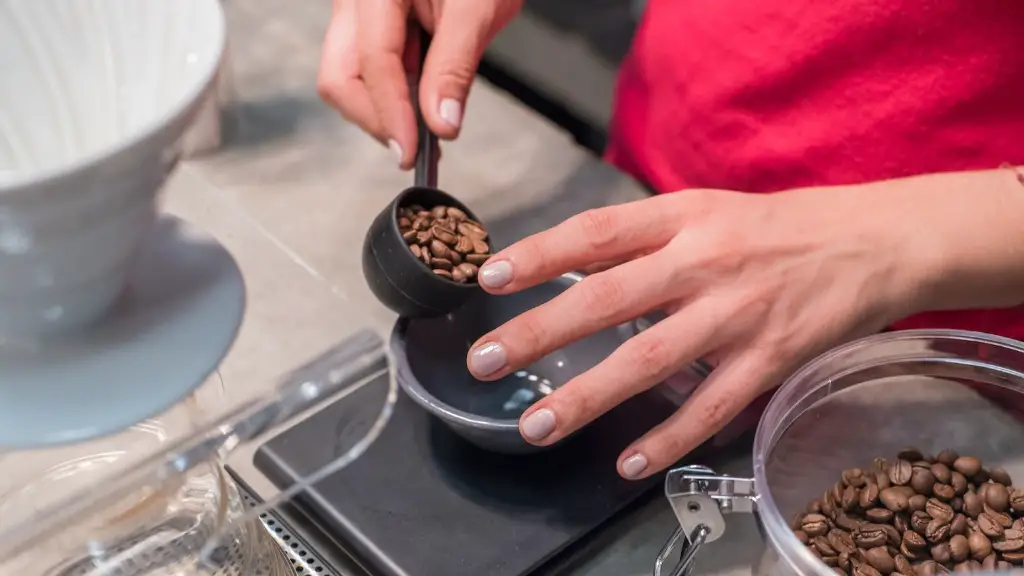Benefits of Coffee After Wisdom Teeth Extraction
Among the many questions swirling in your mind as you prepare for wisdom teeth extraction, one that immediately comes to mind is ‘Can I drink coffee after wisdom teeth extraction?’ Depending on who you ask, you may get mixed answers. While general wisdom and common sense would suggest that it’s best to wait a few days before drinking coffee after a major oral surgery, any long-term effects of coffee consumption following wisdom teeth extraction can vary and depend on a number of factors.
Caffeine and its Risks to Oral Health
Caffeine affects the body in a number of ways and its impact on oral health has long been a concern. Studies show that while there is not a direct link between caffeine consumption and cavities, drinking caffeine can aggravate oral bacteria within your mouth. Additionally, some people become more prone to grinding their teeth or clenching their jaw when they have caffeine — this can put an extra strain on the teeth that were just extracted.
The Effects of Coffee on Post Surgery Healing
Coffee might also increase the risk of dry socket—a painful condition where the socket where the tooth was is exposed. Some people may be more prone to dry socket after having wisdom teeth removed, and since coffee can dry out the mouth, it makes sense to avoid drinking it in the immediate days after surgery. If you’ve had a wisdom tooth removed and are worried about infection or developing dry socket, it’s best to avoid both caffeine and sugary drinks.
The Pros of Drinking Coffee After Surgery
On the flip side, however, the power of caffeine should not be dismissed. For many people, the boost they get from their morning cup of coffee is relatively harmless and can provide them with a welcome energy boost after having a wisdom tooth removed. There is also some evidence that the anti-inflammatory properties of caffeine can actually encourage the healing process in some cases. Coffee has also been linked to reducing the risk of developing heart disease, something that is always of concern for those who undergo any type of surgery.
Timing and Dosage
At the end of the day it’s probably best to err on the side of caution before adventuring into coffee consumption after having a wisdom tooth removed. Each individual should always consult their dentist or oral surgeon before resuming any type of caffeinated beverages after surgery. Generally speaking though, if you’re considering drinking coffee again after removal, it’s best to err on the side of caution, waiting at least three days before consuming caffeine. Additionally, the timing and dosage of caffeine should also be taken into consideration. It’s likely to be safer for you to take smaller sips of coffee one at a time rather than gulping down an entire cup at once.
The Role of Nutrition During Healing
Your diet also plays a large role during the healing process after having any type of oral surgery. Eating the right foods during this time can give your body the necessary vitamins and minerals to heal more quickly. Foods high in vitamin C are particularly beneficial since Vitamin C helps to promote healing and can also help reduce inflammation. Eating foods rich in proteins, fiber, and other vitamins and minerals can also help in the healing process. Although coffee may not be talked about as a primary source of these nutrients, if you are feeling up to it and have received the okay from your doctor, one or two cups of coffee a day can give your body the additional bump that it needs during the recovery process.
Using Drugs and Supplements to Manage Pain
The pain associated with wisdom teeth extraction can be quite uncomfortable and require the use of topical medications and prescription drugs to manage it. There are, however, certain supplements and natural remedies that can help reduce pain and inflammation as well. Curcumin and omega-3 fatty acids are both believed to reduce inflammation and could potentially lessened the pain during the healing process. Additionally, certain herbs, such as ginger and chamomile, are also believed to help manage pain associated with wisdom teeth extractions, as well as any after effects of the surgery, such as swelling and dry mouth.
The Bottom Line
Ultimately, no one can tell you exactly when it is safe to drink coffee after having your wisdom teeth removed. This decision should ultimately be made by your dentist or oral surgeon based on the individual’s specific health needs. But if you are considering drinking coffee again, it’s best to wait at least a few days, take smaller sips, and monitor your body closely for any negative reactions. Additionally, ensuring that your diet is rich in proteins and vitamins can help in the healing process regardless of when you decide to resume drinking coffee.
The Impact of Stress on Healing
Stress can be a major factor in healing following wisdom teeth extraction. Stress levels can increase due to the pain and discomfort associated with the surgery and then it can be further exacerbated by worrying about post-operative issues such as dry socket. Stress can ultimately slow down the healing process which, it must be noted, can take several weeks for some people, starting a few days after the procedure has been completed to full healing. Therefore, it is important to keep stress levels in check during the healing process by engaging in stress-reducing activities such as exercise, yoga, or other forms of relaxation. Additionally, engaging in activities that you enjoy and make you happy, such as hobbies, can also help relieve stress during this time.
Dealing with Discomfort After Surgery
For some people, the pain and discomfort associated with wisdom teeth removal might persist long after the procedure has been completed. This means that there could be some extra tenderness along with swelling, redness, and other types of irritation in the area. In these cases, over-the-counter medications can be taken to help manage the discomfort, while applying cold packs or ice packs to the area can also help reduce any inflammation or swelling. Additionally, it is important to follow any instructions provided by the surgeon or dentist in terms of the types of medications to take and how often.
Options for Dental Care
Wisdom teeth extraction should ultimately be left to the professionals. If you are considering having your wisdom teeth removed, it is important to research and carefully consider your options when it comes to choosing a dentist or surgeon to perform the procedure. It is also beneficial to find out as much as possible regarding the procedure, the potential risk factors, and the post-operative care. In doing so, you can be sure that the process goes as smoothly as possible and that the chances of any long-term effects or complications are minimized.


